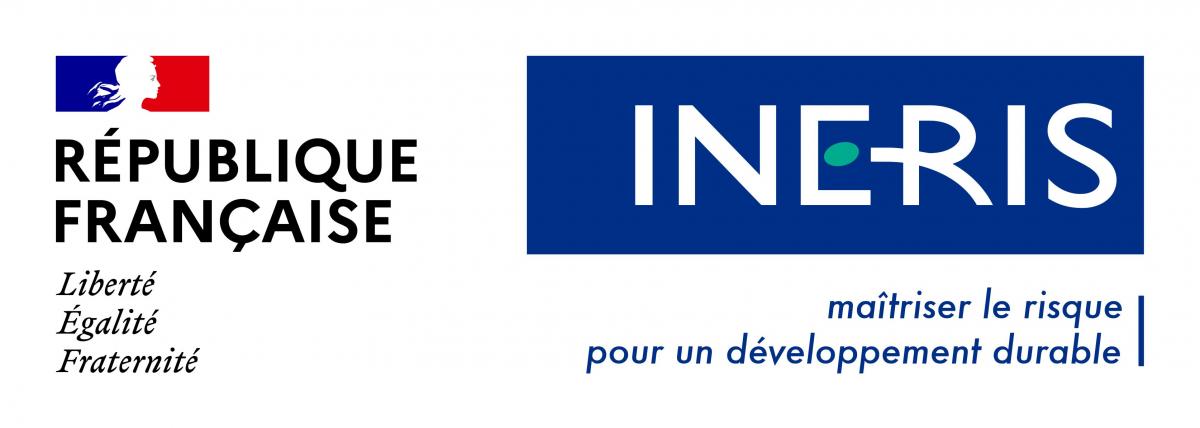Refinement of an OECD test guideline for evaluating the effects of endocrine disrupting chemicals on aromatase gene expression and reproduction using novel transgenic cyp19a1a-eGFP zebrafish
Résumé
Transgenic fish are powerful models that can provide mechanistic information regarding the endocrine activity of test chemicals. In this study, our objective was to use a newly developed transgenic zebrafish line expressing eGFP under the control of the cyp19a1a promoter in the OECD Fish Short Term Reproduction Assay (TG 229) to provide additional mechanistic information on tested substances. For this purpose, we exposed adult transgenic zebrafish to a reference substance of the TG 229, i.e. prochloraz (PCZ; 1.7, 17.2 and 172.6 μg/L). In addition to “classical” endpoints used in the TG 229 (reproductive outputs, vitellogenin), the fluorescence intensity of the ovaries was monitored at 4 different times of exposure using in vivo imaging. Our data revealed that 172.6 μg/L PCZ significantly decreased the number of eggs laid per female per day and the concentrations of vitellogenin in females, reflecting the decreasing E2 synthesis due to the inhibition of the ovarian aromatase activities. At 7 and 14 days, GFP intensities in ovaries were similar over the treatment groups but significantly increased after 21 days at 17.2 and 172.6 μg/L. A similar profile was observed for the endogenous cyp19a1a expression measured by qPCR thereby confirming the reliability of the GFP measurement for assessing aromatase gene expression. The overexpression of the cyp19a1a gene likely reflects a compensatory response to the inhibitory action of PCZ on aromatase enzymatic activities. Overall, this study illustrates the feasibility of using the cyp19a1a-eGFP transgenic line for assessing the effect of PCZ in an OECD test guideline while providing complementary information on the time- and concentration-dependent effects of the compound, without disturbing reproduction of fish. The acquisition of this additional mechanistic information on a key target gene through in vivo fluorescence imaging of the ovaries was realized without increasing the number of individuals.
Origine : Fichiers produits par l'(les) auteur(s)




